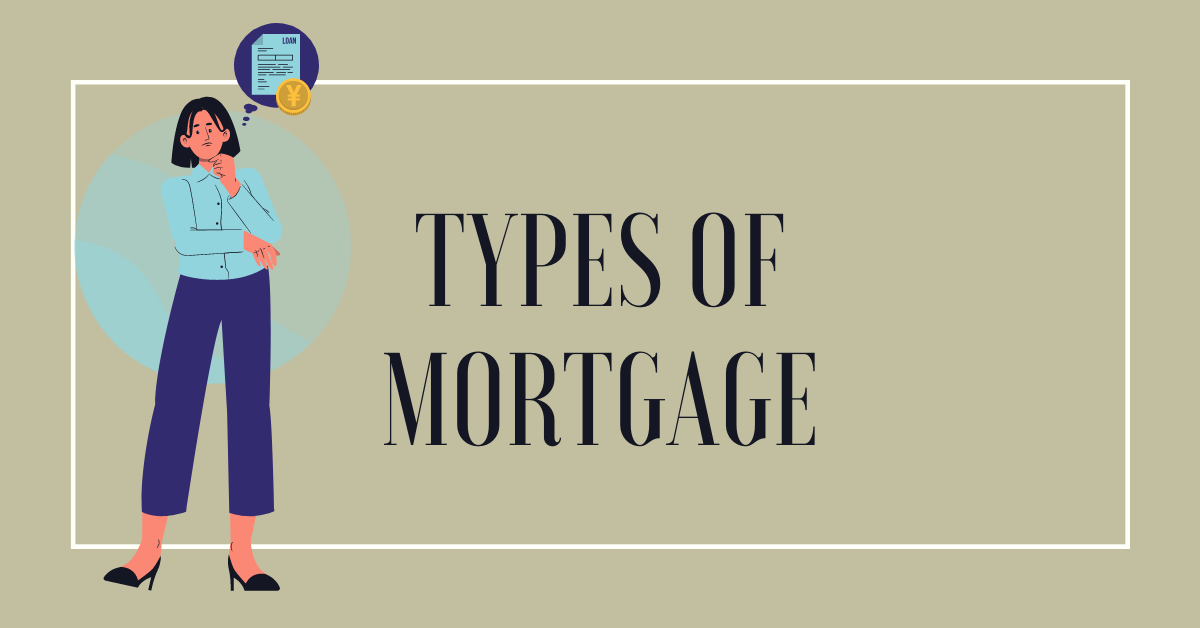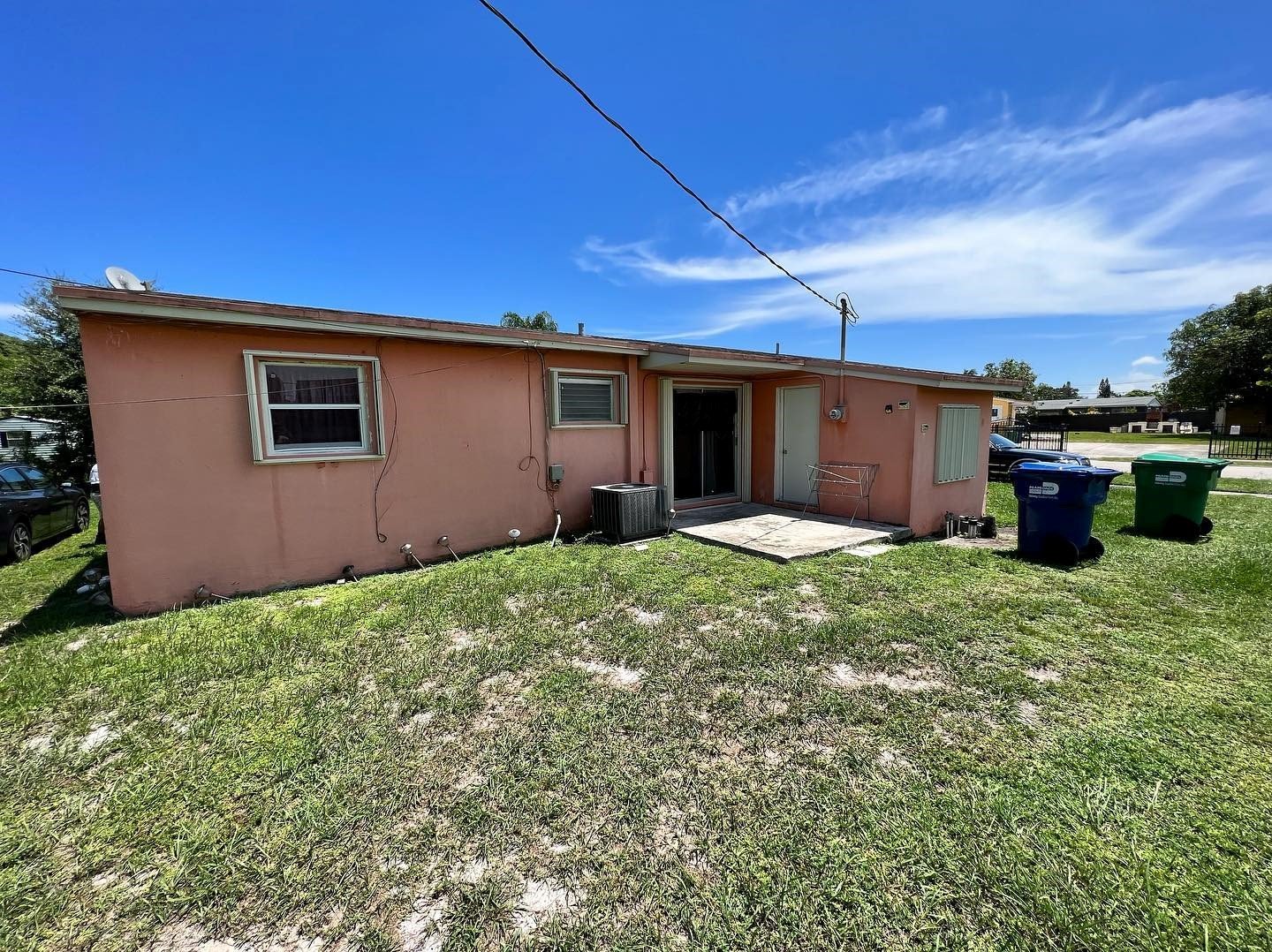
A mortgage is a loan that can be utilised in purchasing a house, estate, industrial plot or any other immovable property. The borrower secures the loan amount by agreeing to pay back the borrowed sum in small instalments to the lending institution. It helps individuals to finance the purchase of the said property with either the same property or another property of appropriate value as collateral.
For instance, Fullerton Grihashakti comes with loans at attractive interest rates on home loans and loans against property. One can visit the official website for more information on the types of mortgages in India.
Overview of Mortgage
A mortgage loan is a type of secured loan offered to the borrower against the collateral property. Such types of loans are also considered as Loan Against Property in India. Mortgage loans are opted for by individuals and corporations alike to secure funds for real estate acquisition. When the borrower cannot repay the loan amount within the stipulated time, the lending institution has the right to seize the collateral property.
All mortgage loans are secured loans provided with certain end-use restrictions for the borrower. The borrower can only apply the loan funds to purchase immovable property or renovate the property.
The interest rate on mortgage loans depends on the value of the collateral property since the LTV (Loan-to-value) ratio applicable is higher for residential properties. The income stability and credit history of the borrower also affect the rate of interest. To avail of information on home loan interest rates today, one can visit the nearest branch or look on the official mobile application of the lending institutions, if they have one.
Types of Mortgages for Home Buyers in India
Below are some of the types of mortgages in India:
Simple Mortgage/Home Loan
A simple mortgage is a loan offered to the borrower based on the property attached as collateral. When the borrower is not able to repay the loan amount, the lending institution can seize the property to recollect the funds. However, the possession of the property is not transferred from the borrower in this type of mortgage loan.
Fixed Rate Mortgage
The fixed-rate mortgage is a loan provided to the borrower against the collateral at a fixed rate of interest for the decided tenure. The rate of interest remains the same. This type of mortgage is suitable for people who want to know the amount they’ll pay every month.
Adjustable Rate Mortgage
By the name, it suggests that these types of mortgage loans are with a fixed interest rate for the initial period of the loan repayment as decided by both parties. Once the decided tenure ends, adjusted interest rates are applied annually. Business owners opt for such loans to not to carry on with the mortgage for longer terms.
Commercial Purchases Loans
A commercial purchase loan is a type of mortgage loan offered only against a commercial property. Through commercial purchases loans, the borrower can only utilise the loan funds to purchase a commercial property rather than residential property. The Loan-to-Value (LTV) ratio applied for commercial loans is much less than for residential loans. Also, the repayment tenure for these commercial purchase loans cannot be more than 10 years.
Lease Rental Discounting
Many individuals and organisations own estate properties and earn a significant portion of their income from the rent received from their real estate. Lease rental discounting is created by institutions to help the short-term funding needs of such property owners. When lease rental discounting is available, the borrower pays the rent earned through that property as the monthly instalment for the loan until the loan amount is repaid in full.
Reverse Mortgage
A reverse mortgage loan is specially designed for senior citizens. The borrower in a reverse mortgage can avail of periodic monthly, semi-annually, annual or lump sum payments from the lender by attaching a residential house property as collateral. Every month, the lending institutions add interest and periodic payments to the principal loan amount. Here the borrower does not pay a monthly instalment, instead, the ownership of the property remains with the borrower until the loan amount reaches the market value of the property.
Conclusion
A small irregularity in repayment of the loan may cause a negative impact on the credit score of borrowers and might also result in loan rejections later. When opting for mortgage loans, borrowers must ensure full and timely repayment of the loan amount to retain the ownership of the collateral property and maintain a healthy credit score.
Go to Homepage.










